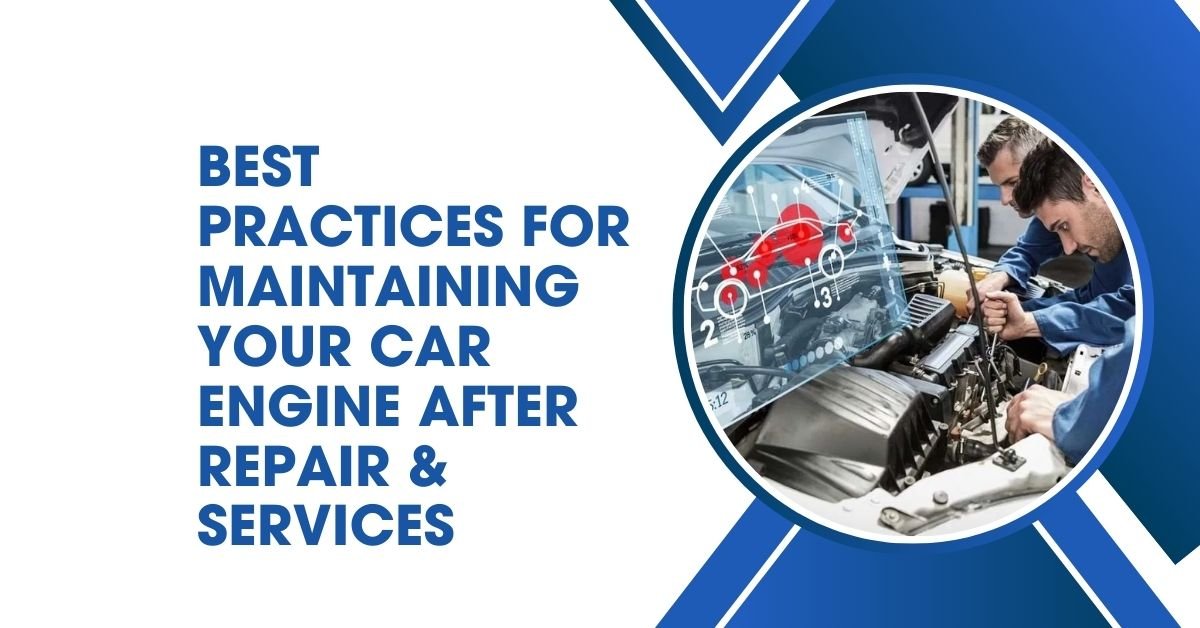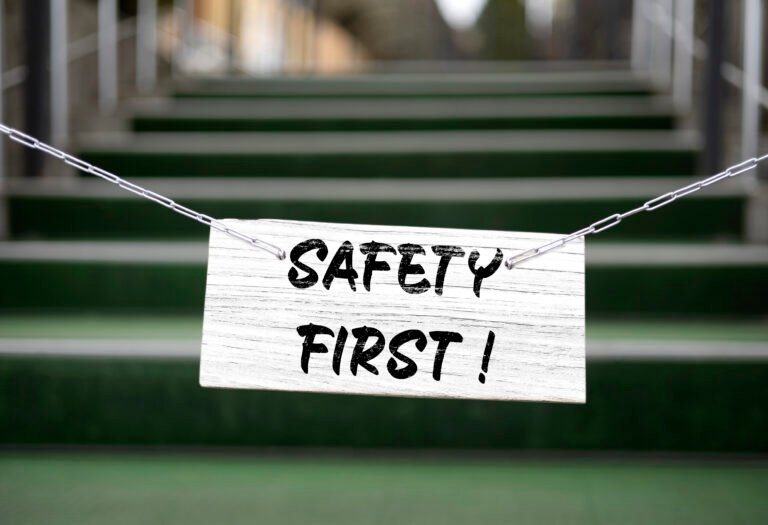Best Practices for Maintaining Your Car Engine After Repair & Services
Keeping your car engine in top condition after repair and services is essential for the longevity and performance of your vehicle. Many people think that once their car engine is fixed, they can go back to driving without a second thought. However, that’s far from the truth. Engine maintenance is a continuous process that requires attention even after professional repairs. In this blog, we will discuss some best practices to follow after your car engine has undergone repair and services. These tips will help you keep your engine running smoothly for a longer time.
Regular Oil Checks and Changes
One of the most important things to do after an engine repair is to keep an eye on the oil levels. Oil acts as a lubricant for all the moving parts of your engine. Without proper lubrication, the parts will wear out faster, causing more damage over time. After engine repair, make sure you check the oil levels at least once every month. Many car manufacturers recommend changing the engine oil every 3,000 to 5,000 miles, but this can depend on your vehicle’s make and model. When in doubt, refer to your owner’s manual. The quality of oil you use also plays a vital role in the health of your engine. Stick to the oil type recommended by your mechanic or the car manufacturer for the best performance.
Note – For top-notch Car Engine Repair & Services in Dubai, trust Yallafix Auto to keep your vehicle running smoothly. With expert technicians and cutting-edge tools, they ensure reliable engine performance. Visit Yallafix Auto today and experience professional service that prioritizes your car’s health and longevity.
Monitor Engine Temperature
Another critical practice after engine repair is to monitor the engine’s temperature regularly. A sudden rise in temperature can indicate that something is wrong with the cooling system or other parts of the engine. Most modern cars have a temperature gauge on the dashboard, allowing you to track it while driving. If the engine temperature goes beyond the normal range, stop driving and check for issues like a coolant leak or a broken fan belt. High engine temperature can damage your car’s engine and lead to expensive repairs. Make sure the cooling system is working correctly by checking the coolant level regularly and refilling it when needed.
Keep the Engine Clean
A clean engine is a healthy engine. Dust, grime, and grease can build up around the engine components, causing them to work less efficiently over time. After engine repair, it’s a good idea to maintain the cleanliness of your engine by wiping away any dirt or debris you can see. You don’t need to be a mechanic to keep your engine clean. Regularly washing the engine bay and checking for oil leaks or dirty parts can go a long way in preventing future engine problems. If you’re unsure how to clean the engine properly, take your car to a professional for a detailed engine cleaning.

Use the Right Fuel
Fuel plays an essential role in the performance of your car engine. After repairs, it’s important to make sure that you’re using the correct type of fuel recommended for your vehicle. Using a lower-grade fuel than recommended can lead to poor engine performance and even cause damage over time. Many people try to save money by using cheaper fuel, but this often leads to more problems down the line. Always opt for the fuel grade that your manufacturer advises. If you’ve had any performance modifications done during the repair, ask your mechanic if you need a higher-grade fuel to match the new requirements.
Pay Attention to Warning Lights
Modern cars come equipped with advanced warning systems that alert you to any issues with your engine. After an engine repair, it’s crucial to pay attention to these lights. The check engine light, for instance, is a clear indicator that something is wrong with the engine. Ignoring these lights can lead to more severe problems and costlier repairs in the future. If any warning lights appear on your dashboard, don’t ignore them. Get your car checked by a professional as soon as possible. Even if you’ve just had repairs, issues can still arise that need immediate attention.
Drive Gently for the First Few Weeks
After your engine has been repaired, it’s essential to treat it gently for the first few weeks. Avoid high speeds and heavy acceleration, as these can put unnecessary strain on the engine. Letting the engine settle in slowly after repairs helps all the parts work together smoothly. Gradually increase your driving speed over time, but for the first 1,000 miles, it’s best to keep it light. This is especially important if your engine had significant repairs, such as the replacement of major components. Gentle driving allows the engine to adjust and helps avoid any immediate complications.
Regular Maintenance Checks
Even after your engine is repaired, regular maintenance is still necessary to ensure that everything is working smoothly. Scheduling routine checks can prevent small issues from becoming big problems. Take your car in for an inspection every few months or as recommended by your mechanic. During these checks, they can ensure that the engine, along with other components like the transmission and brakes, are all functioning properly. Sticking to a maintenance schedule is one of the best ways to keep your car running smoothly and avoid costly repairs down the line.
Keep an Eye on Engine Belts and Hoses
Belts and hoses play a crucial role in the operation of your car engine. After a repair, it’s essential to inspect these parts regularly for signs of wear and tear. Cracked or frayed belts can lead to more significant engine problems if not replaced on time. Similarly, hoses that are leaking or deteriorating can cause issues with coolant flow, leading to overheating and other engine troubles. Make it a habit to check these components every time you perform regular maintenance on your car, and replace them as necessary to avoid future breakdowns.
Listen for Unusual Noises
One of the easiest ways to detect potential engine problems is by listening for any unusual noises. After an engine repair, your car should run more smoothly, and any strange sounds should be addressed immediately. Grinding, knocking, or ticking noises can be signs that something is still wrong with the engine. If you hear anything out of the ordinary, don’t hesitate to take your car back to the mechanic. Addressing these issues early on can prevent more significant damage and save you money in the long run.
Conclusion: Stay Proactive with Engine Care
Maintaining your car engine after repair and services is not just about ensuring your vehicle’s longevity but also about preventing future breakdowns and costly repairs. Regular oil checks, monitoring the temperature, keeping the engine clean, and using the right fuel are all essential practices. Additionally, paying attention to warning lights, driving gently after repairs, and scheduling regular maintenance checks will keep your engine in top shape. Don’t forget to check engine belts, hoses, and listen for unusual noises that could indicate problems. By staying proactive with engine care, you can enjoy a smoother, longer-lasting ride.
For more insightful articles related to this topic, feel free to visit newstips.co.uk






